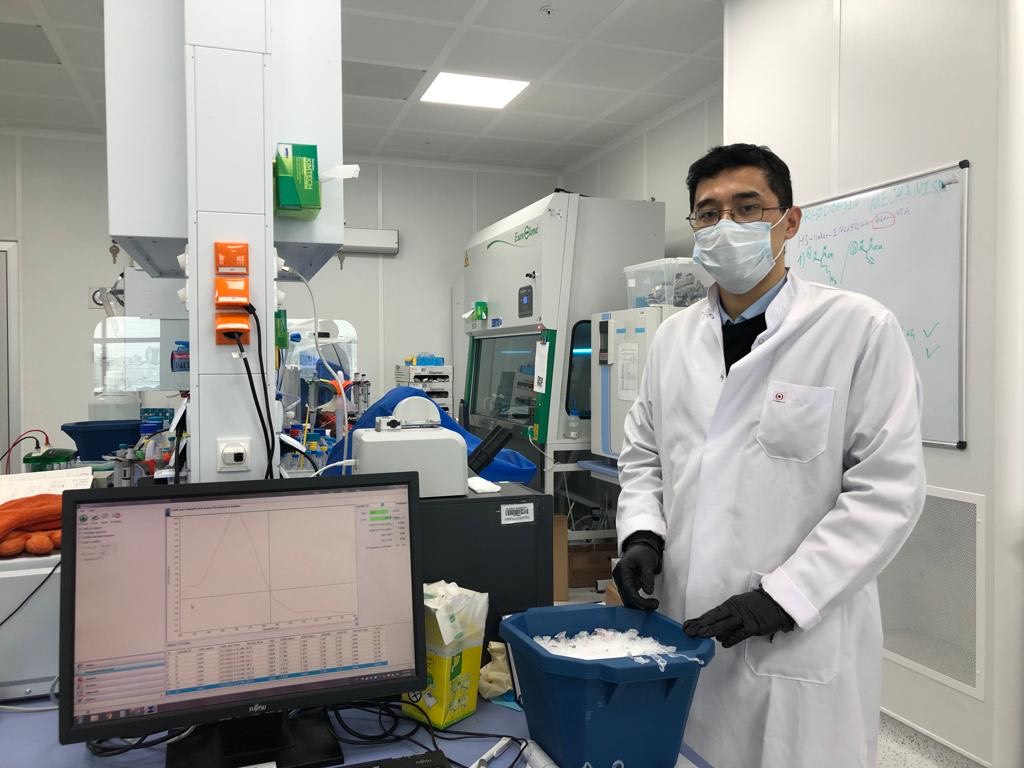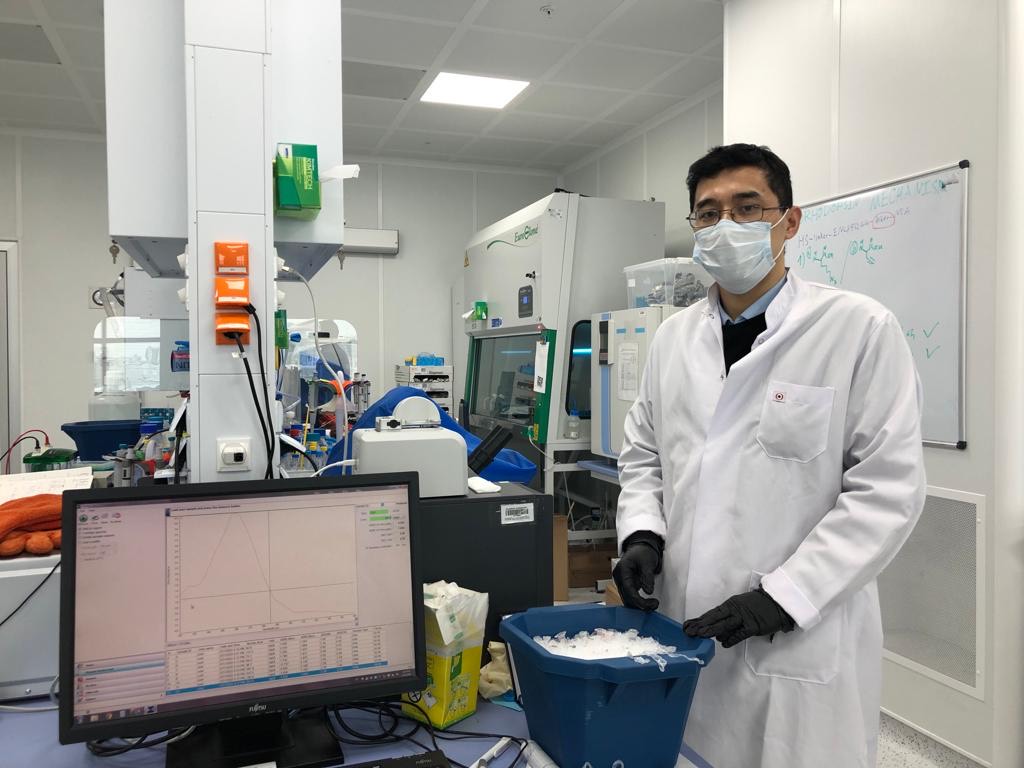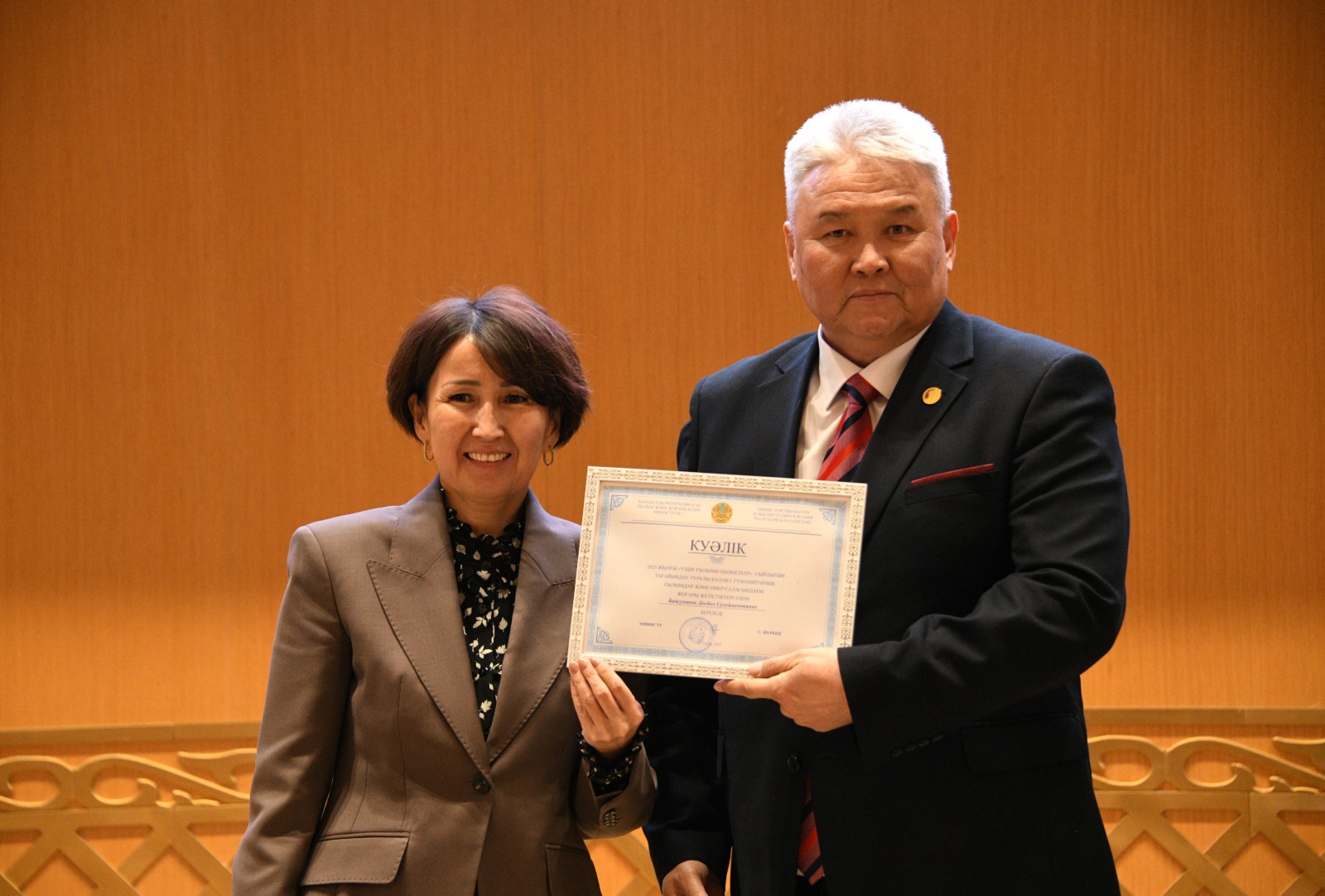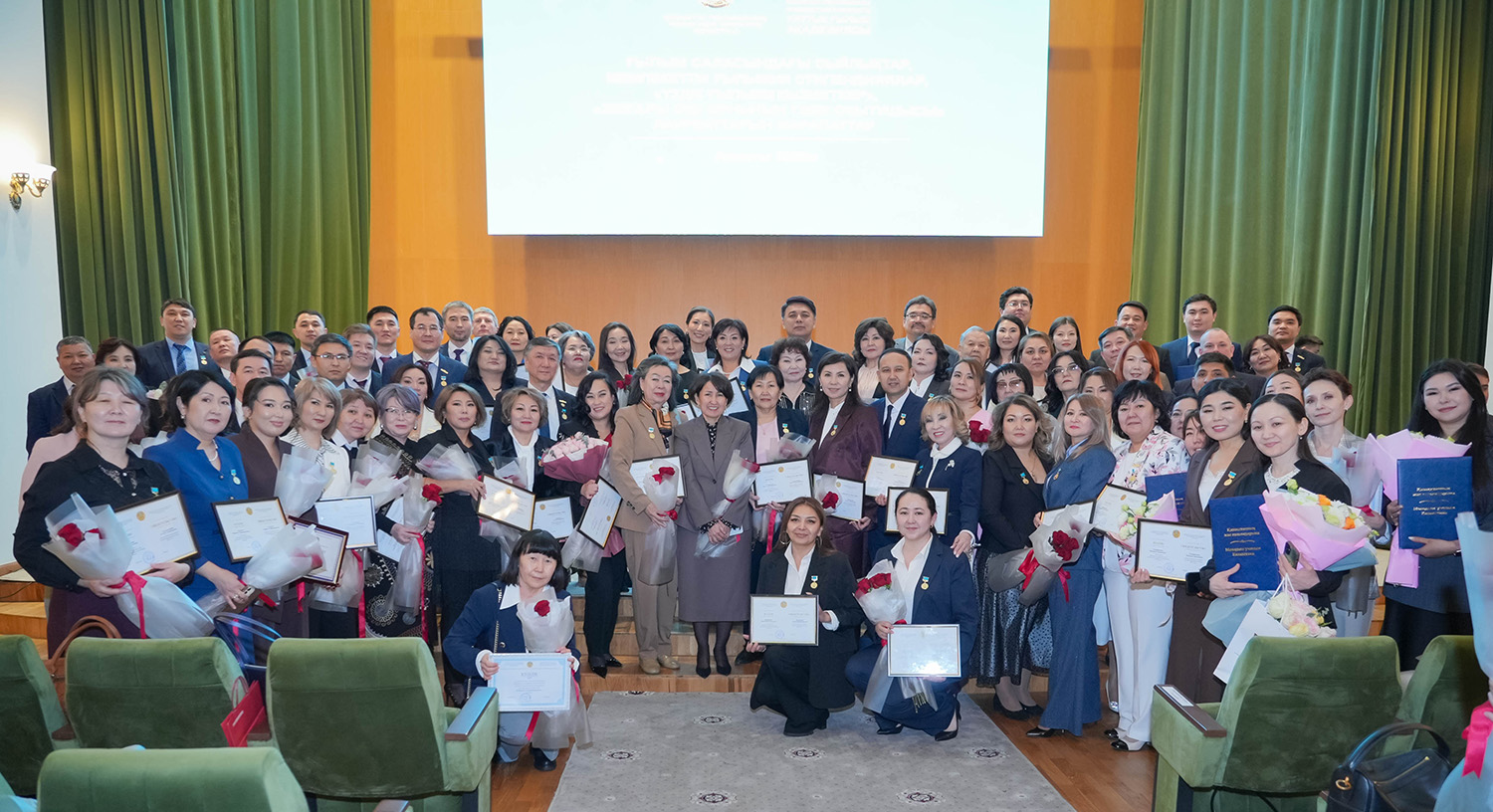- Main
- News
- Goals of sustainable development for conservation of the biological diversity of marine ecosystems
Goals of sustainable development for conservation of the biological diversity of marine ecosystems

On January 16, 2024, the Department of Molecular Biology and Genetics held a scientific seminar «Construction of bacteriophage endolysins to create antibiotics for fishery». Speakers: d.b.s., Professor Bissenbayev A.K., PhD Bakiev S.S. Moderator: senior lecturer Zhusupova A.I. The purpose of the seminar is to familiarize students with the latest scientific developments in the field of creating antibiotics for valuable varieties of fish.
The cultivation of sturgeons in aquaculture conditions contributes to the conservation of the biological diversity of the ichthyofauna, and is also aimed at the production of fish and fish products. Due to the creation of optimal growing conditions, the terms of mass accumulation and puberty of sturgeons are significantly reduced. In this regard, there is a significant increase in the development of sturgeon aquaculture. However, the development of aquaculture is accompanied by risks caused by bacterial pathogens. For example, diseases caused by bacterial pathogens of the genus Aegomonas and Pseudomonas are characterized by a 100% mortality rate of fish. Antibiotics and bacteriophages currently used are becoming ineffective due to the presence of antibiotic resistance genes in bacteria and the development of resistance mechanisms to phage infection. In this regard, new solutions are needed to combat drug-resistant bacterial pathogens, and in our research this solution is endolysins. Endolysins are characterized by peptidoglycanhydrolase activity. Due to the activity of endolysins, the peptidoglycan layer of the bacterial cell wall is destroyed and the bacterium dies.
It is this property of endolysins that has been studied by the research group of d.b.s., Professor Bissenbayev A.K., within the framework of the project funded by the MSHE RK 2021-2023, as a result of which it was determined that the studied endolysin proteins can be used as antibacterial drugs in the treatment of diseased sturgeons.



